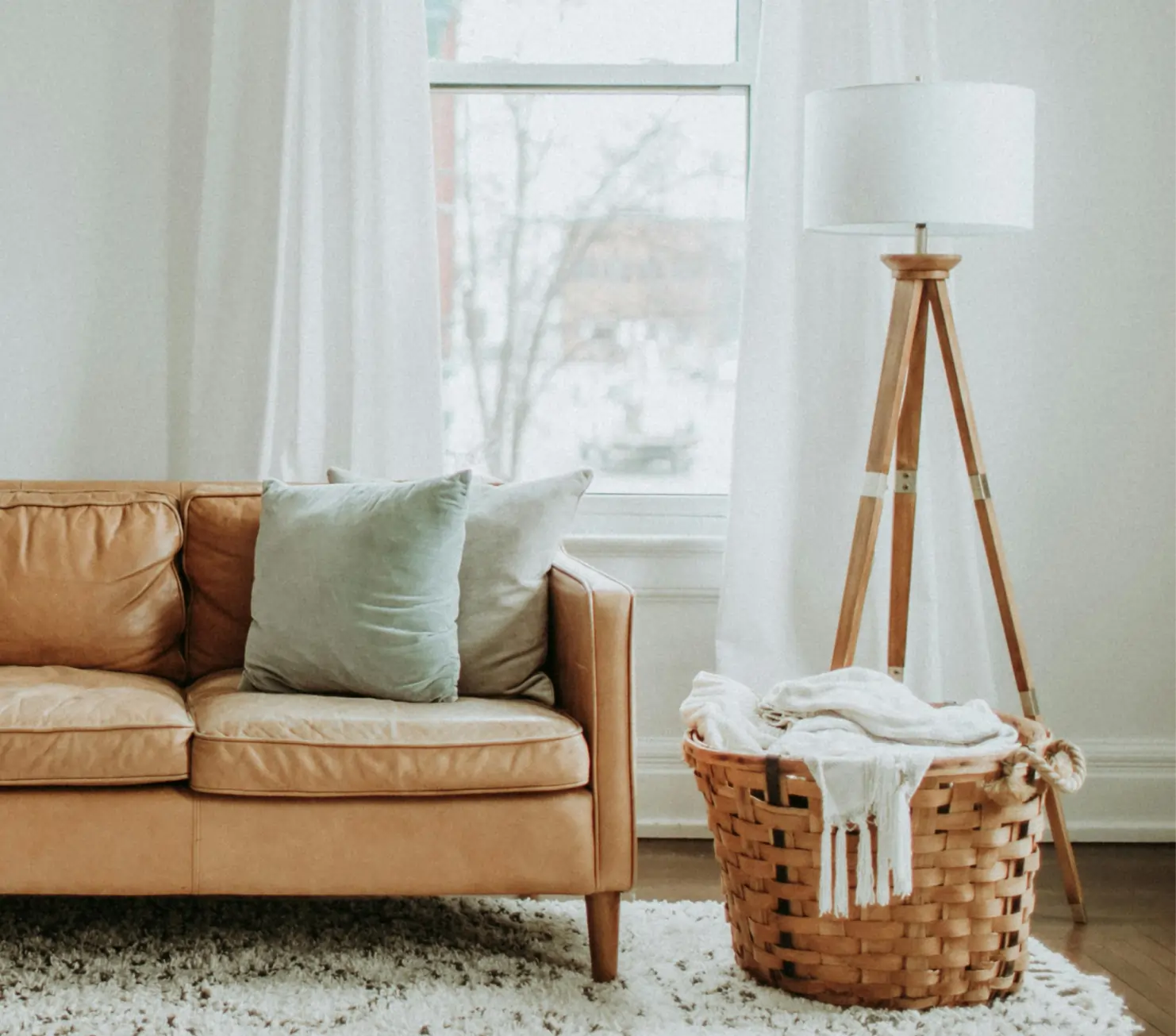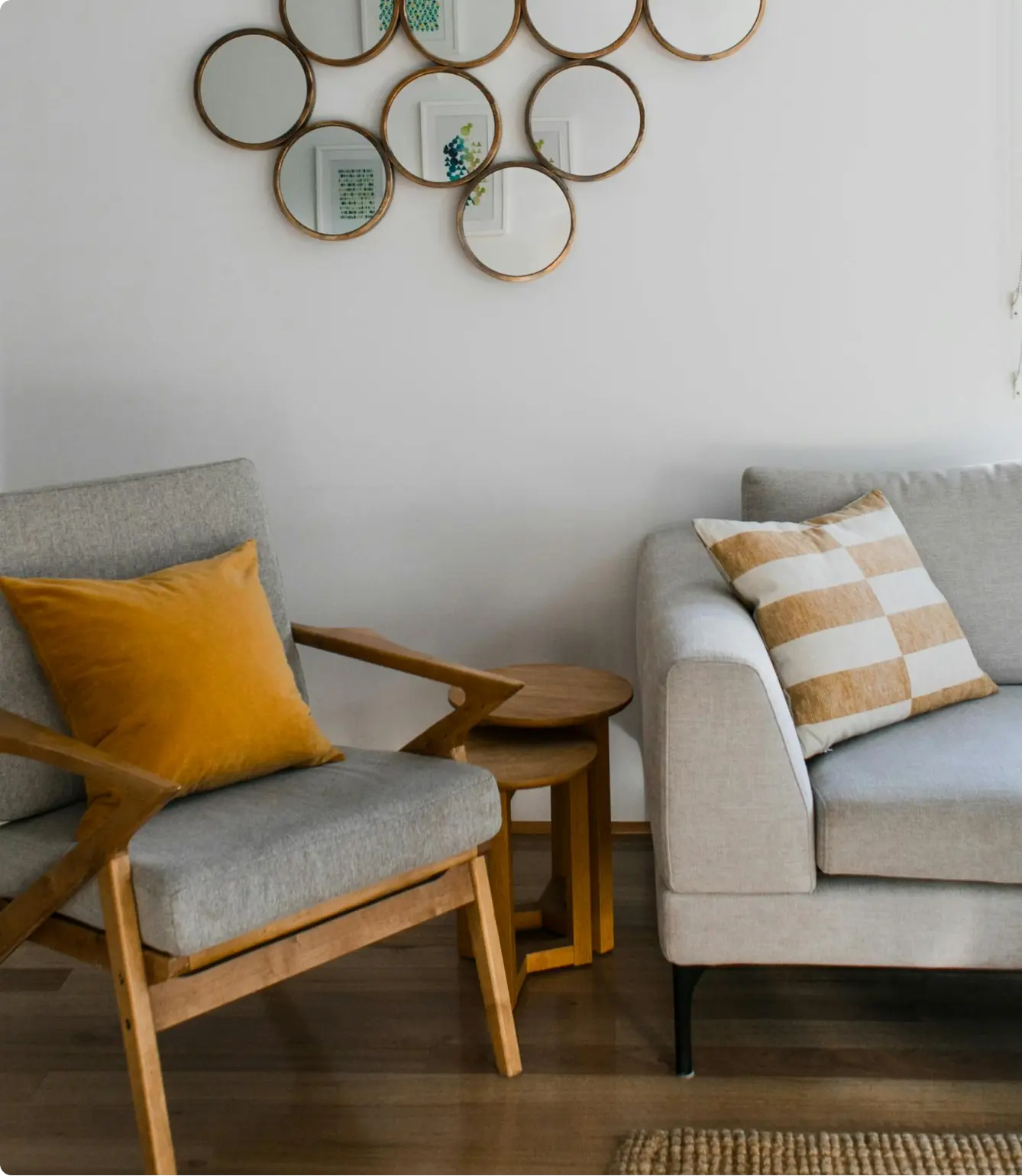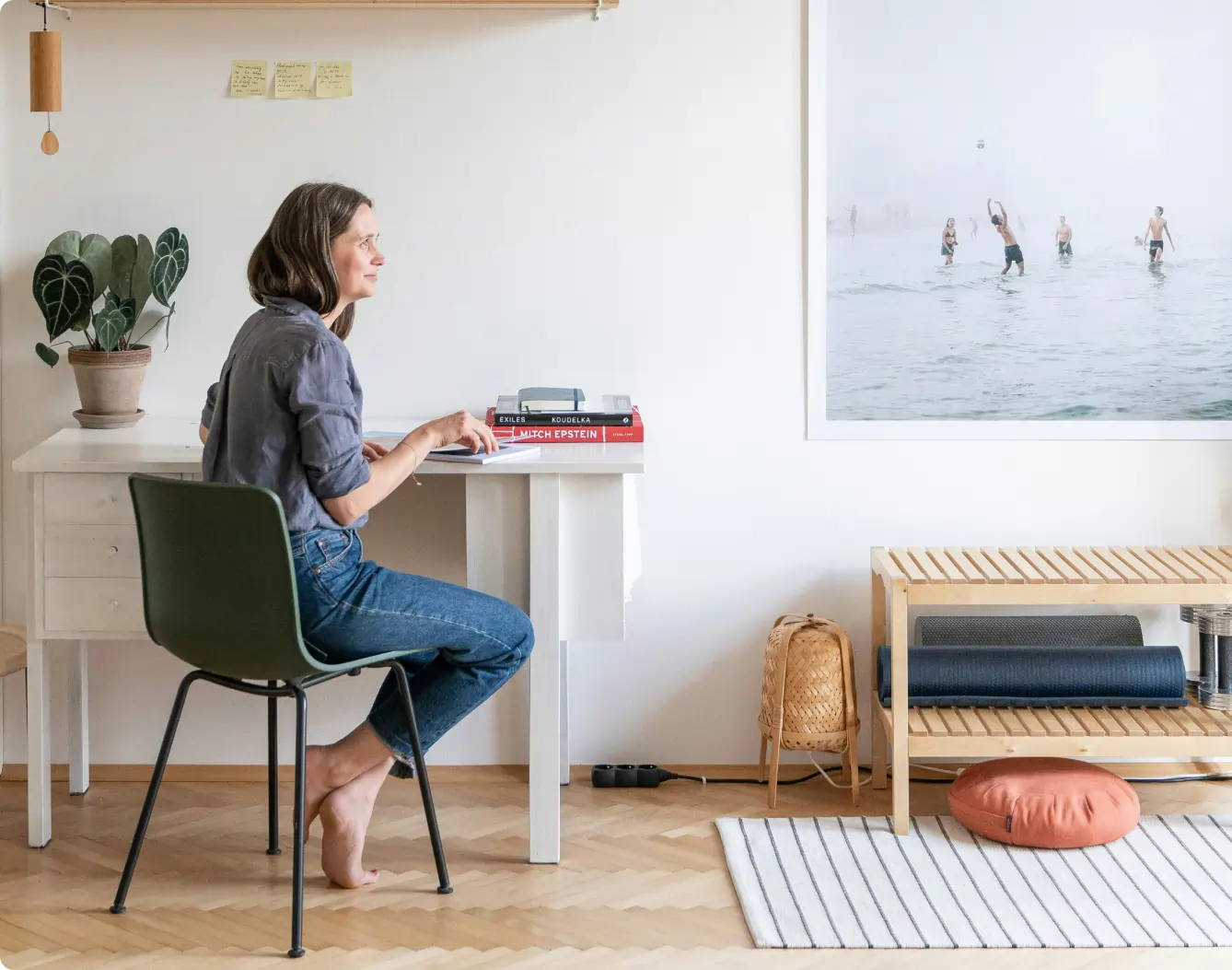Heard about OccuMax® pricing?
You can earn up to 30% more with our unique pricing strategy. Developed from managing over 350,000 bookings, it runs entirely within local regulations and has already earned our hosts over £112 Million.
x
FIND OUT MOREPaid visitor stays of less than 28 nights are “short-stay” for levy purposes; planning treats use by activity/zone rather than a fixed day count.
Short-term lets are legal in Melbourne and generally assessed under the Melbourne Planning Scheme. There’s no citywide night cap or city STR register. Many domestic-scale short stays operate in existing dwellings without a new planning permit, but a permit can be required where a different accommodation use is proposed or permit/overlay conditions apply—check your zone and building’s approvals. From 1 Jan 2025, Victoria applies a 7.5% Short-stay Levy to paid stays under 28 nights. Declare income to the ATO; GST usually doesn’t apply to ordinary residential rent unless treated as commercial residential premises. Fit and maintain smoke alarms to Victorian requirements.
State/council based definitions. Example: NSW STRA allows non-hosted entire homes with caps in some areas; other states differ. Check local planning rules.

Short-term lets are legal in Melbourne and generally assessed under the Melbourne Planning Scheme. There’s no citywide night cap or city STR register. Many domestic-scale short stays operate in existing dwellings without a new planning permit, but a permit can be required where a different accommodation use is proposed or permit/overlay conditions apply—check your zone and building’s approvals. From 1 Jan 2025, Victoria applies a 7.5% Short-stay Levy to paid stays under 28 nights. Declare income to the ATO; GST usually doesn’t apply to ordinary residential rent unless treated as commercial residential premises. Fit and maintain smoke alarms to Victorian requirements.




Registration / Permit
No city STR register. Check your property’s zone/overlays and any existing permit conditions. Apply for a planning permit if advised by Council.
Max Nights
None locally; Victoria has no statewide night cap.
Planning / Zoning
Allow about 60 statutory days for a planning decision (clock stops can extend timelines).
Safety & Insurance
Install/maintain AS 3786-compliant smoke alarms on every level; rental providers must ensure working alarms. Fire services recommend interconnected photoelectric alarms in bedrooms, hallways and living areas; test and keep records.
Tax
Declare profits to ATO. GST generally doesn’t apply to residential rent. 7.5% Short-stay Levy on stays under 28 nights from 1 Jan 2025 (levy based on total booking fees; platforms usually pay/submit).
Declare profits to ATO. GST generally doesn’t apply to residential rent. 7.5% Short-stay Levy on stays under 28 nights from 1 Jan 2025 (levy based on total booking fees; platforms usually pay/submit).
Install/maintain AS 3786-compliant smoke alarms on every level; rental providers must ensure working alarms. Fire services recommend interconnected photoelectric alarms in bedrooms, hallways and living areas; test and keep records.
.webp)



.webp)


⭐ Rated 4.8/5 by 2,500+ Hosts
.webp)
Victoria’s Short-stay Levy is in force (from 1 Jan 2025). The City of Melbourne continues policy work on short-term accommodation—monitor Council updates for any local registration/cap proposals.
State/council based definitions. Example: NSW STRA allows non-hosted entire homes with caps in some areas; other states differ. Check local planning rules.


Use of a dwelling for short stays is assessed under the Melbourne Planning Scheme. A planning permit may be required where a different accommodation use (e.g., serviced apartment) is proposed or where overlays/permit conditions trigger assessment—confirm with Council.

None locally; Victoria has no statewide night cap.

No city STR register. Check your property’s zone/overlays and any existing permit conditions. Apply for a planning permit if advised by Council.

Declare profits to ATO. GST generally doesn’t apply to residential rent. 7.5% Short-stay Levy on stays under 28 nights from 1 Jan 2025 (levy based on total booking fees; platforms usually pay/submit).
ATO: Rental income you must declare
Install/maintain AS 3786-compliant smoke alarms on every level; rental providers must ensure working alarms. Fire services recommend interconnected photoelectric alarms in bedrooms, hallways and living areas; test and keep records.

⭐ Rated 4.8/5 by 2,500+ Hosts

This guide is informational and not legal advice. Always confirm with
City of Melbourne – Planning & Building
your local authority.